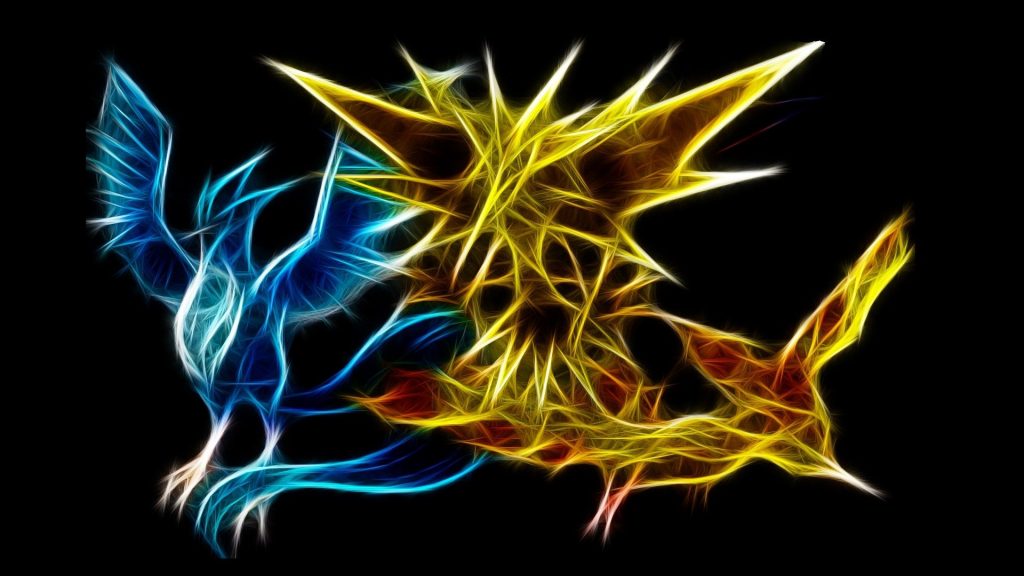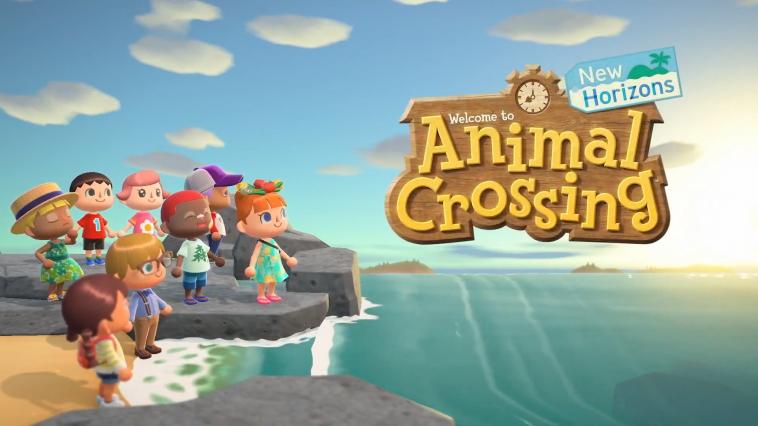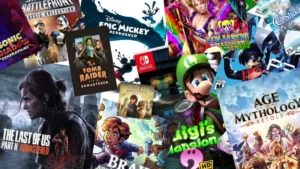Localized video games would not be fun to play if they used direct translations. Word-for-word translation has its place in certain fields, but interactive entertainment is not one of them. Localizing video games calls for a freer, more creative approach to translation, and that’s where transcreation makes its mark.
Rather than merely substituting one word for another, transcreation allows localizers to transfer the meaning and purpose of the source content into their own creations. Localizers can effectively scrap the original and insert their own text that creates the same emotions and responses in players as the original. The intent, tone, and context of the text recreates the experience of gamers in the source language while adapting to the needs of the target language and culture.
Transcreation can also apply to art, voiceover, and other game aspects, but its focus on text in video games gets the most attention. Though exact practices vary by company, the modern process of transcreation typically begins before games launch in their source languages. Localizers may make key choices to change text with direct input from developers. Transcreated text may include game titles, in-game proper nouns, dialogue, UI labels, and more.
Pokémon
The Pokémon series is one game franchise with brilliant character name transcreation. The legendary bird trio, some of the franchise’s first ultra-powerful legendary creatures, are Articuno, Zapdos, and Moltres. These names are clever combinations of elemental terms and the Spanish words for the numbers one through three. The English names are that much more ingenious in comparison to their original Japanese names: transliterated forms of the English words “freezer” (フリーザー), “thunder” (サンダー), and “fire” (ファイヤー).

If localizers had utilized direct translation, native English-speaking fans would likely scratch their heads at the use of everyday words to describe monsters among the mightiest in the games. The legendary birds’ English names maintain the “cool” vibe that the use of the English words conveys in Japanese while also retaining a link between the final syllable in each name. In Japanese, each of the monikers ends in an elongated “ah” sound due to the lack of the English “r” in the language. The original 150 monster names may have been translated after the original Pokémon games debuted in Japanese, but The Pokémon Company currently operates as a huge multinational conglomerate with teams localizing the newest games for simultaneous launch around the world.
Animal Crossing: New Horizons
Another game franchise to take root as a global phenomenon last year is Animal Crossing. The newest title in the series, Animal Crossing: New Horizons, includes a huge variety of character dialogue peppered with punny jokes. Humor is notorious as one of the most difficult linguistic devices to translate, and transcreation provides the best solution for localization teams.
Fishing is an island activity that players can enjoy in Animal Crossing: New Horizons. Each fish comes with its own signature “dad joke” or pun that players can read each time they catch that species. Players know the sea bass as the infamously common ocean fish in the game, which comes with the joke “I caught a sea bass! No, wait—it’s at least a C+!” The original Japanese embraces the prevalence of homonyms in Japanese; suzuki is both one of the most common surnames in Japan and the native term for “sea bass.” The Japanese version of this fish quip plays on momentary confusion about which form of suzuki applies. Therefore, the English version of the sea bass joke retains the corny humor of the original while completely transforming it for the English-speaking world.

Transcreation is an art in the realm of video game localization that allows linguists to translate player experiences rather than words. The practice is pivotal to ensure that gamers can play through a seamless, culture-imbued story with the same emotional response as players in the source language. Other factors such as cultural sensitivity and censorship play a role in transcreation choices, but the concept shines brightest when focusing on the poetic transfer of style, tone, and intent. While each game’s release has myriad contexts across countries, transcreation allows culture to speak in a universal language.



